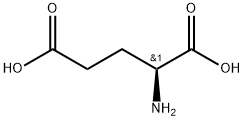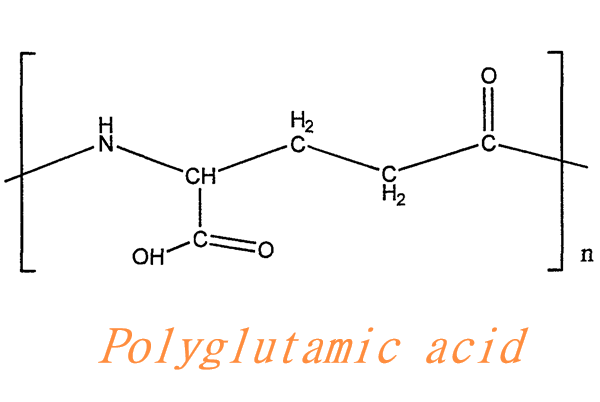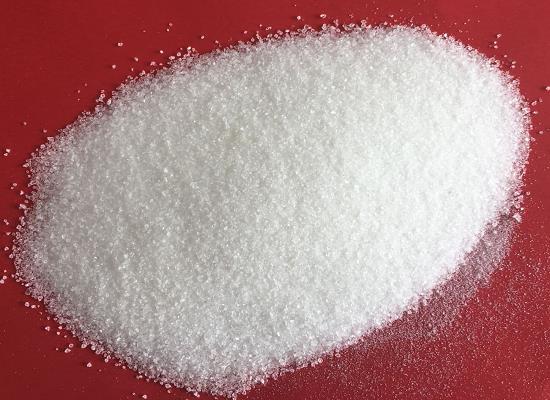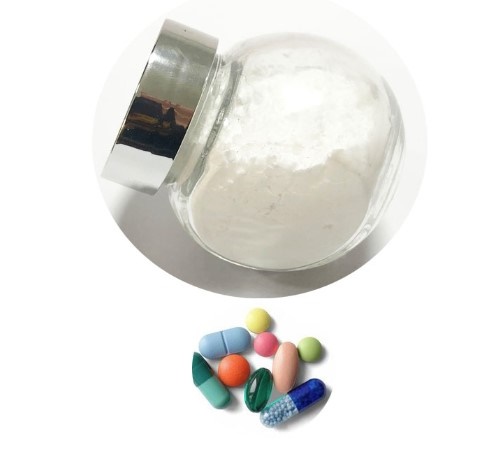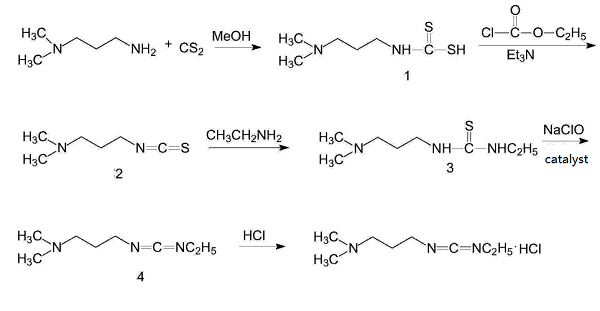Polyglutamic Acid and Hyaluronic Acid: Which one is better?
Polyglutamic acid (PGA), or sodium polyglutamate, is a humectant and powerful hydrator that can attract moisture and seal it. It is made up of a group of glutamic acid molecules, which are a type of amino acid.
Hyaluronic acid is a non-branched linear chain of repeating disaccharide units of D-glucuronic acid and an aminoglycan, D-N-acetylglucosamine.
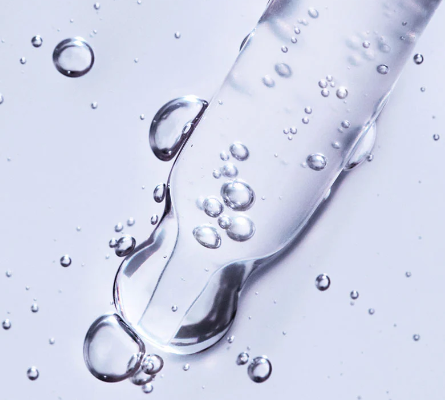
Although polyglutamic acid is often compared to hyaluronic acid (HA), it is another well-loved hydrating ingredient in skincare. There are some key differences. While both PGA and HA are excellent hydrators, PGA has been found to retain moisture even better than HA. This is because it forms a more significant, flexible film on the skin’s surface, which locks in moisture more effectively. Furthermore, unlike hyaluronic acid, PGA helps increase the skin’s natural production of HA. This amplifies the hydrating effects and improves the skin's elasticity and plumpnessskin. Moreover, PGA is also a powerful chelating agent, which means it can rescue skin from heavy metal-associated damage, inflammation, and aging.
You may like
Related articles And Qustion
Lastest Price from Polyglutamic acid manufacturers
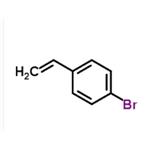
US $2.00-5.00/kg2025-06-26
- CAS:
- 25513-46-6
- Min. Order:
- 1kg
- Purity:
- 99%
- Supply Ability:
- 100kg

US $10.00/kg2025-04-21
- CAS:
- 25513-46-6
- Min. Order:
- 1kg
- Purity:
- 99.5%
- Supply Ability:
- 100 TON
